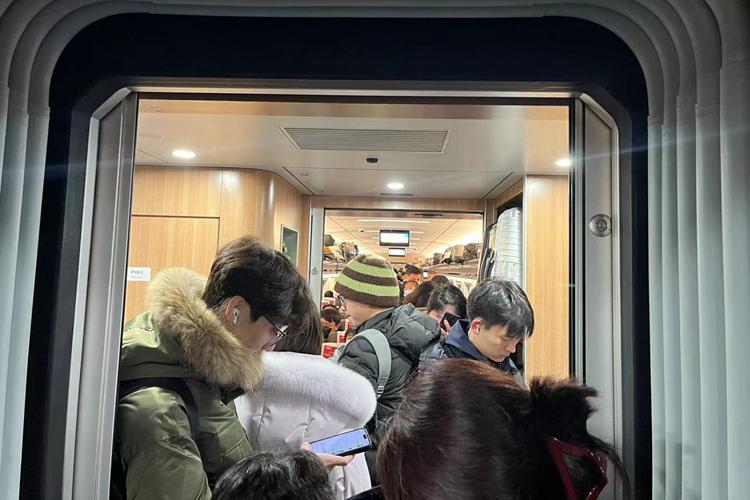Last Sunday, I attended a worship service at a church, noticing a one-third reduction in the attendance. Additionally, the number of worship sessions decreased from three to two. Choirs and fellowships are also suspended until the end of February.
Curious about this, I inquired with the church's pastor. He explained that the church's members are primarily migrant workers, and many had returned home during the Spring Festival or the Chinese New Year. This led to a significant decrease in the church's attendance and a shortage of staff serving in the church, which prompted the suspension of some ministries.
This situation is prevalent in many churches, particularly those consisting mainly of migrant workers. Over the years, I've interacted with numerous staff workers and believers, understanding that the impact of returning home for the Chinese New Year on the church goes beyond the immediate circumstances.
Z, a Christian lady born into a rural family, works in a southern city. When she arrived in the city, feeling lonely, she joined and served in a church, making friends there. However, when she returned home for the Spring Festival, she did not attend any gatherings, though there was a medium-sized church nearby.
According to her, "While in the city, I felt very lonely, so I participated in church activities and made many friends. However, when I returned home for the Chinese traditional festival, the overwhelming visits and reunions left me with no time for church."
Similarly, W, a Christian gentleman from Northeast China, also refrains from attending services when he returns to his hometown. The reason is the abundance of local friends, which makes Christian fellowship unnecessary. Moreover, he may not have the same topics as other believers with a lower educational level in his hometown’s church.
Pastor L, passionate about evangelism, recognizes the significance of believers back home spreading the gospel. He pointed out, "During the Chinese New Year, hundreds of millions of people move around the country. If among them there are Christians, the gospel can be brought back to their hometowns. They may proclaim it there and lead many to Christ."
Hence, he focused on the doctrinal training of migrant workers, hoping they could bear witness to Christ when they returned home. One male believer from a rural area in Anhui, trained by Pastor L, returned to his hometown during the Spring Festival. He led many locals to faith, starting a registered church.
Similar to Pastor L, Christian woman C also highlighted the significance of believers returning to their hometowns for their local churches. However, she pointed out, "Many migrant believers in the city have received theological equipment in urban churches. If they go back home, they can bring back good ministry practices, thereby promoting the development of local churches."
Every time she returns home for the Spring Festival, she engages in discussions with local pastors and elders. She introduces successful experiences from urban churches, providing devotional materials to help them pastor the church and edify believers.
W, a Christian writer, has always been cautious about estimating the number of Chinese Christians. Through observing the quietness in urban churches during the Spring Festival, he proposed a viewpoint on China's church revival.
He stated, "The revival of urban churches is brought about by migrant workers. Although many coastal city churches are thriving, the first generation of Christians is not substantial; they are mainly composed of migrant believers. Therefore, in terms of the overall national count, the number of Christians has not increased significantly, and it is just an illusion of the revival of urban churches." This is a perspective worth considering, but further in-depth research is needed to arrive at a more accurate conclusion.
(The author is a Christian living in Fujian and the article was originally published by the Gospel Times.)
- Translated by Abigail Wu












